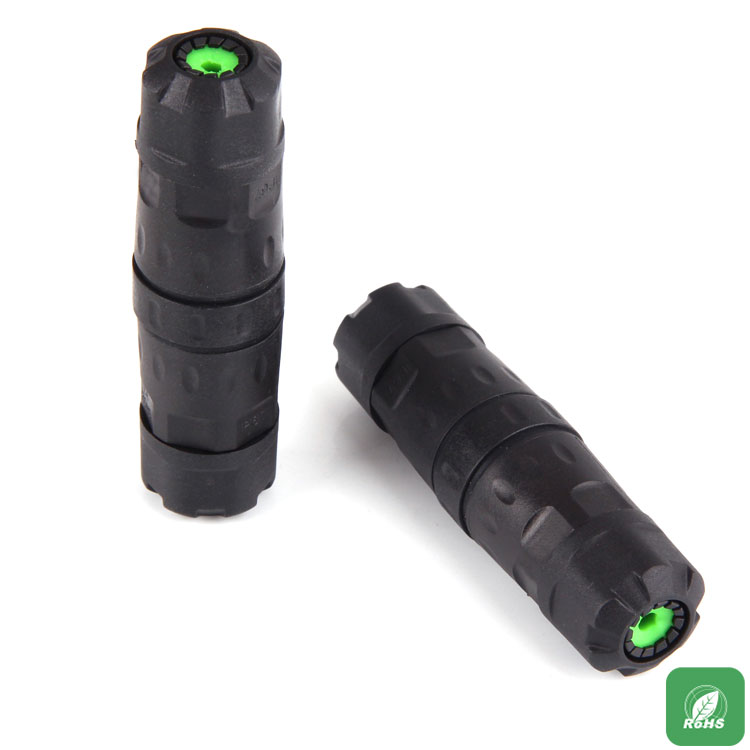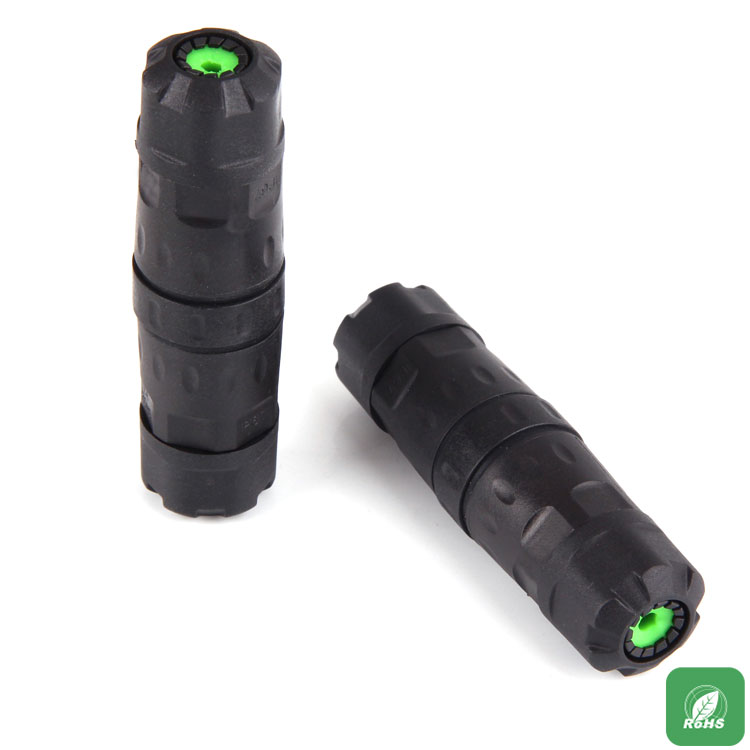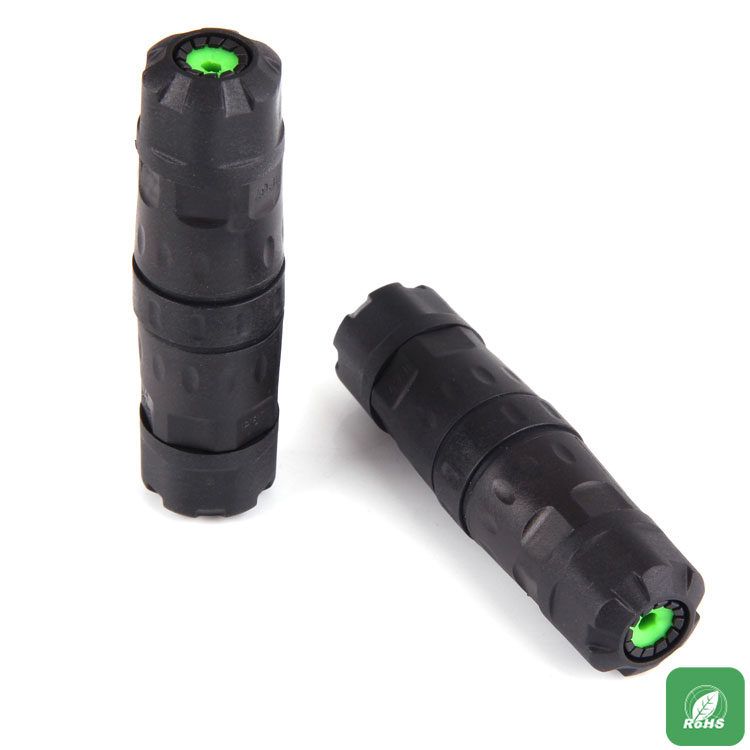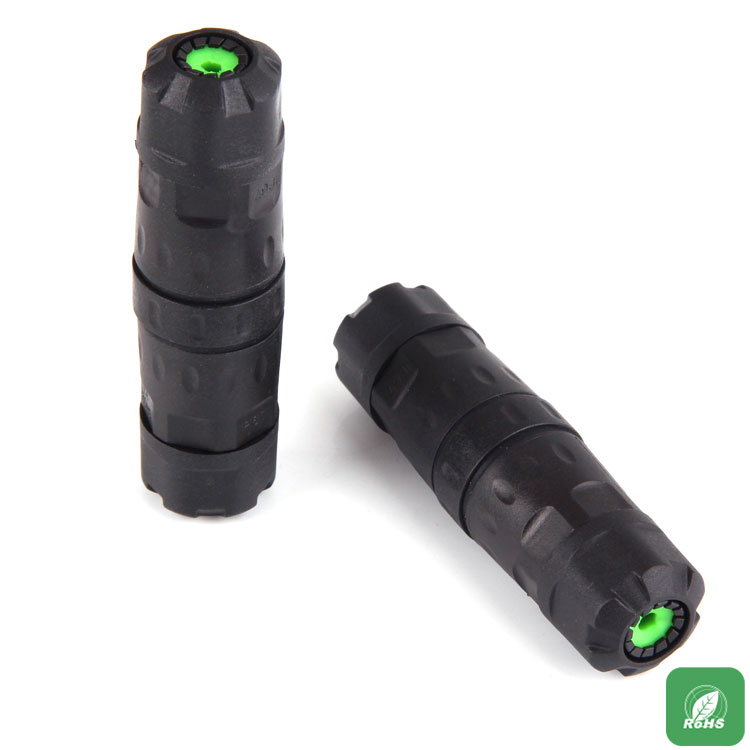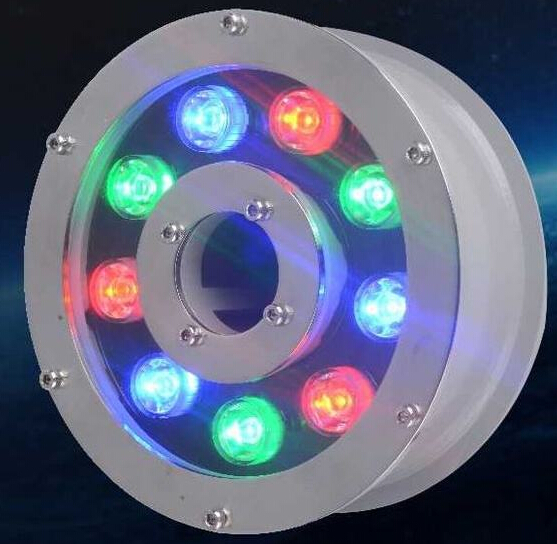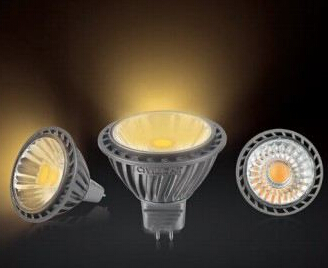One study found that proper lighting can reduce symptoms in Alzheimer's patients. In a 14-week clinical trial, 46 patients with Alzheimer's and other dementias stimulated their sleep cycles with light, which improved sleep quality and reduced depression and anxiety.
The premise of this study is that elderly people in elderly care facilities are rarely exposed to outdoor lighting, relatively dim indoor lighting during the day, and nighttime exposure to environments that may be too bright for healthy circadian rhythm regulation. Typical indoor lighting provides less than 100 lux, and on sunny sunny days, the illuminance of the light source provided outdoors ranges from 1000 to 10,000 lux. As a result, they did not experience a strong circadian rhythm synchronized with the local sunrise and sunset.

The experiment lasted 14 weeks, and the light of the experiment caused the circadian rhythm of the patient to reach 0.4.
"Appropriate use of CS and different delivery methods, and accurate measurements using calibrated light meter equipment, lighting interventions tailored to the circadian system can significantly improve sleep quality, depressive symptoms, and agitation behaviors in ADRD patients," Figueiro says it's important to use, provide and measure the right lights to see positive results.
Researchers use an activity recorder on the wrist to record exercise capacity. The research team used standardized techniques to characterize sleep quality, mood, and behavior. Patients receiving active intervention are recorded to enjoy better sleep and fulfilling days.
















 RCCN WeChat QrCode
RCCN WeChat QrCode Mobile WebSite
Mobile WebSite